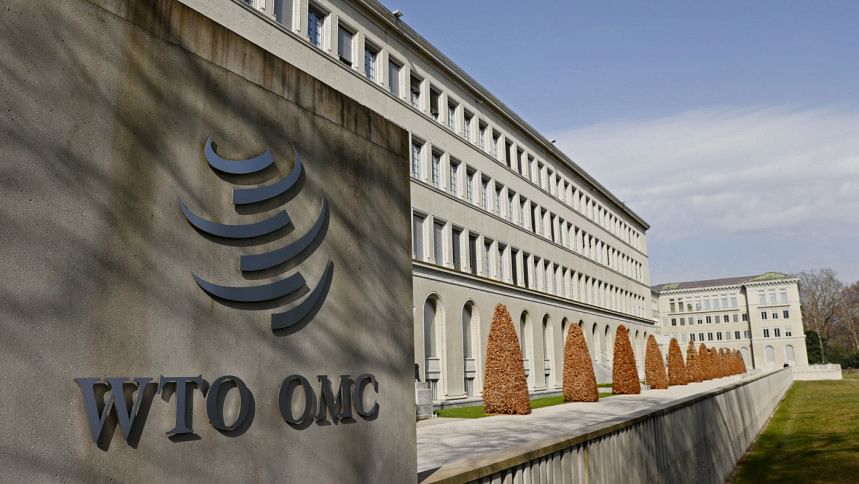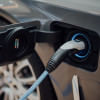China files WTO complaint over US electric vehicle subsidies

China has lodged a complaint with the World Trade Organization over US subsidies for its new energy vehicle sector, Beijing said Tuesday, accusing Washington of unfair competition.
The US Inflation Reduction Act (IRA) "formulates discriminatory subsidy policies for new energy vehicles," said China's Ministry of Commerce, referencing a classification that includes electric cars and hybrids.
It added that the IRA "distorts fair competition, seriously disrupts global new energy vehicle industrial and supply chains, and violates WTO rules."
"China firmly opposes this," the ministry said, noting that it urged the United States to correct its "discriminatory industrial policies".
But US Trade Representative Katherine Tai defended the IRA as a tool to address the climate crisis and "invest in US economic competitiveness".
In a separate statement, she in turn took aim at China for its "unfair, non-market policies and practices to undermine fair competition" and push for the dominance of Chinese manufacturers globally.
Tai said Washington is reviewing the WTO consultation request, and that the United States would continue working with allies and partners to address China's practices.
China earlier this year overtook Japan as the world's biggest vehicle exporter, with customs bureau data showing it exported 5.2 million cars in 2023 -- one in three of which were all-electric models.
The WTO announcement comes as Beijing and Washington lock horns over a range of trade issues including tariffs, advanced technology restrictions and the video app TikTok, which many US politicians say poses a national security threat.
At a regular WTO meeting last year, China asked the United States, Japan and the Netherlands to confirm the existence of an agreement between the three countries to curb semiconductor exports to China.
Washington has in recent years attempted to cut Chinese companies out of supply chains that provide access to advanced chip technology, while urging its allies to adopt similar measures.
The US government's stated intent was to safeguard national security by maintaining control over advanced chips with military end-uses.

 For all latest news, follow The Daily Star's Google News channel.
For all latest news, follow The Daily Star's Google News channel. 








Comments